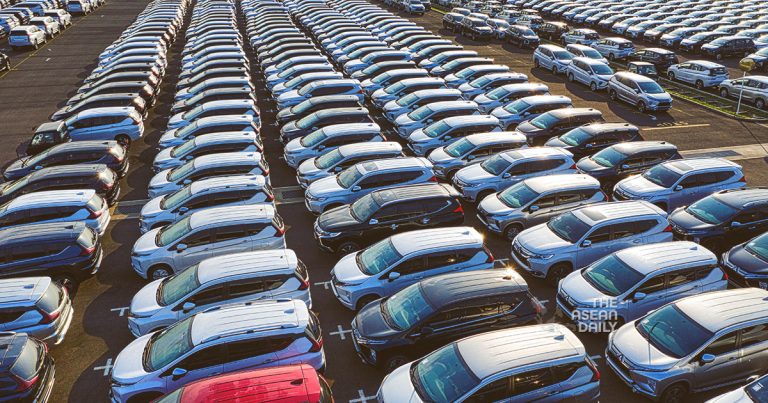22-12-2023 (KUALA LUMPUR) Industry analysts are predicting a slowdown in car sales in Malaysia in the coming year, attributing it to the expiration of sales and service tax (SST) exemptions, the implementation of fuel subsidy rationalization, the introduction of a new luxury tax, and rising inflation in the country.
In a recent report, UOBKayHian has outlined its expectations for the total industry volume (TIV) in Malaysia, projecting a decline to 660,000 units in 2024 from the high base experienced in 2023. The report cites a lack of significant catalysts in 2024 that could substantially boost TIV numbers further.
The report suggests that national brands, particularly those appealing to mass-market consumers seeking budget-friendly options, may experience stronger-than-expected sales, providing a potential counterbalance to the overall market trend.
AmInvestment Bank is also forecasting a dip in the 2024 TIV, projecting a 6 percent year-on-year decrease to 670,000 units. This is in contrast to their 2023 full-year TIV forecast of 710,000 units, with the anticipation that vehicle sales will normalize following the expiration of the SST exemption. The bank also highlights potential inflationary pressures stemming from the extension of subsidy rationalization to petrol prices in the second half of 2024, impacting consumers’ real disposable income.
Compared to the second half of 2023, AmInvestment Bank anticipates fewer new model launches in the first half of 2024, contributing to the overall subdued market outlook.
Affin Hwang Investment, taking a more conservative stance, foresees a 13 percent year-on-year decline in the 2024 estimated TIV to 650,000 units. The projection is based on the expectation that car sales will normalize in 2024 until the next replacement cycle occurs in five years. Key focal points for the year include the normalization of sales, the introduction of new electric vehicle (EV) and non-EV models, a decline in consumers’ disposable income, and the potential impact of the luxury tax on premium-car purchases.
Maybank Investment Bank, on the other hand, predicts the stabilization of Malaysia’s 2024 TIV at 650,000 units after two consecutive record years. The research house has noted signs of demand softening reported by certain car dealers and automotive parts suppliers, which could soon be reflected in overall car sales volume.
Maybank Investment Bank also draws attention to risks faced by local automotive players, including uncertainties in the industry and policies, such as the upcoming implementation of the high-value goods tax from May 1, 2024. Increased competition is expected to intensify, potentially impacting margins for auto players.
The Malaysian Automotive Association reported last week that car sales in Malaysia from January to November reached 718,748 units, reflecting an 11.51 percent increase compared to the same period a year ago.




